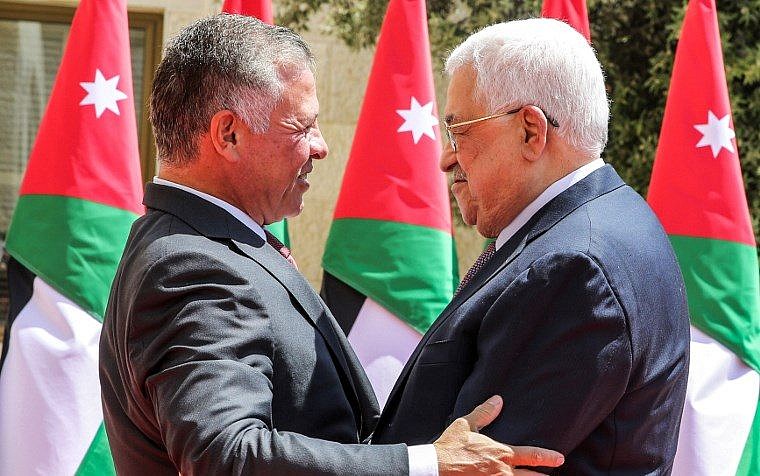Articles
مركز شاف لتحليل الأزمات والدراسات المستقبلية > Reports > Middle East Unit > Critical Review: The Palestinian-Jordanian Confederation as an Alternative to the Two-State Solution
Critical Review: The Palestinian-Jordanian Confederation as an Alternative to the Two-State Solution
- July 30, 2024
- Posted by: Maram Akram
- Category: Middle East Unit Reports
No Comments

By: Radwa Al-Sharif
Middle East Affairs Coordinator
An article on the “Council on Foreign Relations” blog discusses the idea of a Palestinian-Jordanian confederation as an alternative to the two-state solution. Elliott Abrams, the author of the article,[1] argues that the “two-state solution” as a resolution to the Israeli-Palestinian conflict is impractical and dangerous. Instead, he proposes the idea of a confederation, where the Palestinian entity would be part of a union with Jordan.
The main points of the article can be summarized as follows:
Rejection of the Two-State Solution:
The author criticizes the obsessive focus on the two-state solution, considering it an obstacle to thinking about other solutions that might be more realistic and feasible, such as the idea of a confederation. He argues that the two-state solution is an “illusion” and impractical, based on his view that establishing an independent Palestinian state would pose a threat to both Israel and Jordan. He also believes that this solution could lead to an economically and politically unstable Palestinian state, potentially turning into an authoritarian regime.
Proposing an Alternative:
The author suggests an alternative solution where the Palestinian entity would be part of a confederation with its neighbors, Jordan and Israel. He points out that the Kingdom of Jordan, as a Muslim-majority state with a significant Palestinian population, is the logical candidate for this union. The author likens the Palestinian entity in this context to the autonomous region of Kurdistan, enjoying a high degree of local self-governance, while comparing the Hashemite Kingdom to the Austro-Hungarian Empire, with one king, one army, one intelligence service, two prime ministers, and two parliaments.
Citing Jawad Anani’s Article:
